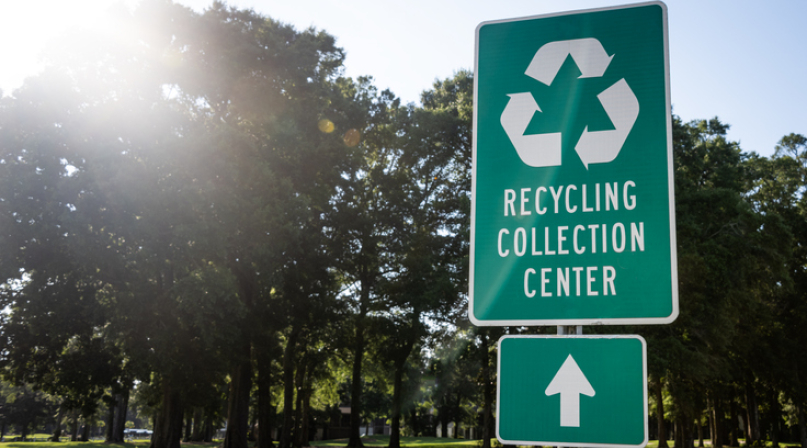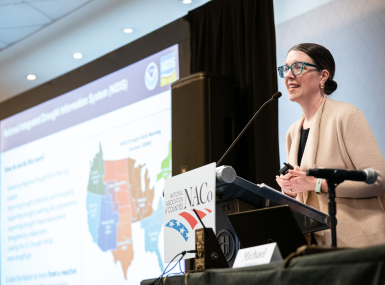EPA releases 2021 National Recycling Strategy to improve recycling and solid waste management
Upcoming Events
Related News

Key Takeaways
On November 15, the U.S. Environmental Protection Agency (EPA) released the 2021 National Recycling Strategy. The new National Recycling Strategy builds on the EPA’s 2019 National Framework for Advancing the U.S. Recycling System. This document is the first in a series focused on advancing the national municipal solid waste recycling system to become more resilient and cost-effective. The overall strategy will outline how the agency will move forward on increasing equitable access for overburdened communities, reducing climate impacts of materials management, and managing materials for a circular economy. EPA will host a webinar on November 18 at 2 p.m. ET to engage with partners on recycling, food waste and achieving a circular economy. Click here to register.
The 2021 National Recycling Strategy includes the following five strategic objectives to strengthen the U.S. recycling system:
- Improve markets for recycled commodities through market development, analysis, manufacturing, and research.
- Increase collection of recyclable materials and improve recycling infrastructure through analysis, funding, product design, and processing efficiencies.
- Reduce contamination in the recycled materials stream through outreach and education to the public on the value of proper recycling.
- Enhance policies and programs to support recyclability and recycling through strengthened federal and international coordination, analysis, research on product pricing, and sharing of best practices.
- Standardize measurement and increase data collection through coordinated recycling definitions, measures, targets, and performance indicators.
County governments play an essential role in the nation’s recycling systems, as local governments are the primary provider of waste management services across the country. The Infrastructure, Investment and Jobs Act contains historic investments in our nation’s recycling system, including a $15 million county-eligible grant program for consumer recycling education and outreach. Counties have the authority and responsibility to undertake solid waste management activities, such as operating waste facilities, recycling centers, residential and commercial waste collection, landfills, combustors and transfer stations.
Advocacy
Keep America Beautiful launches competitive grant program for community recycling projects
Keep America Beautiful (KAB) is launching a competitive grant program to support the KAB Affiliate Network, other nonprofit organizations and community groups to implement programs or projects designed to build clean, green and beautiful public spaces.

Related News

NOAA outlines help for counties navigating drought’s growing risks
In April, the National Integrated Drought Information System will launch the Mid-Atlantic Drought Early Warning System, which will help county officials allocate resources and attention to mitigate drought-related disasters.

House Agriculture Committee introduces 2026 Farm Bill
On February 13, House Agriculture Committee Chairman G.T. Thompson (R-Pa.-15) introduced the House version of the 2026 Farm Bill, the Farm, Food, and National Security Act of 2026.

Congress increases oversight of Gulf Coast Restoration Trust Fund
On February 3, Congress passed new funding and authority for an audit and expanded oversight of the Gulf Coast Restoration Trust Fund, which houses federal funds for recovery from the Deepwater Horizon oil spill disaster. The provision was included in the Financial Services-General Government appropriations bill (FSGG), which was one of five included in a minibus package passed by Congress (P.L. 119-75).